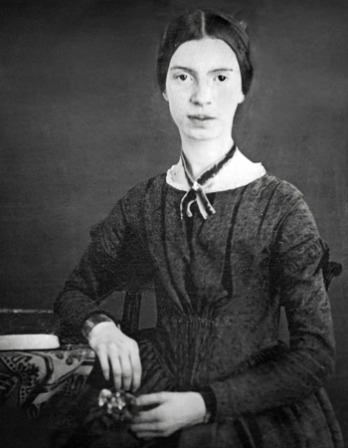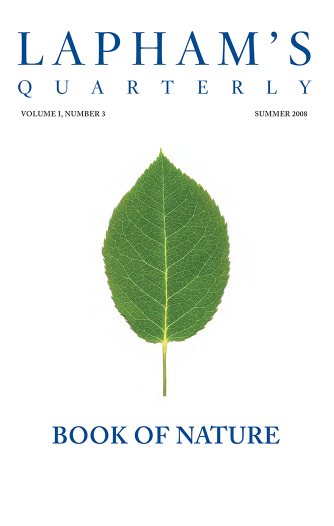A case occurred in a Catholic town in Germany a year or two before my arrival at Göttingen, and had not then ceased to be a frequent subject of conversation.
A young woman of four or five and twenty, who could neither read nor write, was seized with a nervous fever, during which, according to the asseverations of all the priests and monks of the neighborhood, she became possessed, and, as it appeared, by a very learned devil. She continued incessantly talking Latin, Greek, and Hebrew, in very pompous tones and with most distinct enunciation. This possession was rendered more probable by the known fact that she was or had been a heretic. Voltaire humorously advises the devil to decline all acquaintance with medical men; and it would have been more to his reputation if he had taken this advice in the present instance. The case had attracted the particular attention of a young physician, and by his statement many eminent physiologists and psychologists visited the town and cross-examined the case on the spot. Sheets full of her ravings were taken down from her own mouth and were found to consist of sentences, coherent and intelligible each for itself, but with little or no connection with each other. Of the Hebrew, a small portion only could be traced to the Bible; the remainder seemed to be in the rabbinical dialect. All trick or conspiracy was out of the question. Not only had the young woman ever been a harmless, simple creature but she was evidently laboring under a nervous fever. In the town, in which she had been resident for many years as a servant in different families, no solution presented itself. The young physician, however, determined to trace her past life step-by-step; for the patient herself was incapable of returning a rational answer. He at length succeeded in discovering the place where her parents had lived, traveled thither, found them dead but an uncle surviving, and from him learned that the patient had been charitably taken by an old Protestant pastor at nine years old, and had remained with him some years, even till the old man’s death. Of this pastor the uncle knew nothing but that he was a very good man. With great difficulty and after much search, our young medical philosopher discovered a niece of the pastor’s who had lived with him as his housekeeper and had inherited his effects. She remembered the girl, related that her venerable uncle had been too indulgent, and could not bear to hear the girl scolded; that she was willing to have kept her, but that after her patron’s death, the girl herself refused to stay. Anxious inquiries were then, of course, made concerning the pastor’s habits, and the solution of the phenomenon was soon obtained. For it appeared that it had been the old man’s custom for years to walk up and down a passage of his house into which the kitchen door opened, and to read to himself with a loud voice out of his favorite books. A considerable number of these were still in the niece’s possession. She added that he was a very learned man and a great Hebraist. Among the books were found a collection of rabbinical writings, together with several of the Greek and Latin fathers; and the physician succeeded in identifying so many passages with those taken down at the young woman’s bedside that no doubt could remain in any rational mind concerning the true origin of the impressions made on her nervous system.
This authenticated case furnishes both proof and instance that relics of sensation may exist for an indefinite time in a latent state, in the very same order in which they were originally impressed; and as we cannot rationally suppose the feverish state of the brain to act in any other way than as a stimulus, this fact (and it would not be difficult to adduce several of the same kind) contributes to make it even probable that all thoughts are in themselves imperishable, and that if the intelligent faculty should be rendered more comprehensive, it would require only a different and apportioned organization, the body celestial instead of the body terrestrial, to bring before every human soul the collective experience of its whole past existence. And this, this, perchance, is the dread book of judgment, in the mysterious hieroglyphics of which every idle word is recorded! Yea, in the very nature of a living spirit, it may be more possible that heaven and earth should pass away than that a single act, a single thought, should be loosened or lost from that living chain of causes, with all the links of which, conscious or unconscious, the free will, our only absolute self, is coextensive and copresent.
From Biographia Literaria. This two-volume work, combining philosophy, autobiography, and literary criticism, was intended as a preface to Coleridge’s 1817 collection of poems Sibylline Leaves but grew into what he described as an “immethodical miscellany.” The book was influenced by the work of his friend William Wordsworth, with whom he copublished Lyrical Ballads in 1798. The year before the publication of Sibylline Leaves, Coleridge moved into the home of a Highgate physician to treat his opium addiction, and his literary output diminished greatly. He died of heart failure in 1834.
Back to Issue





